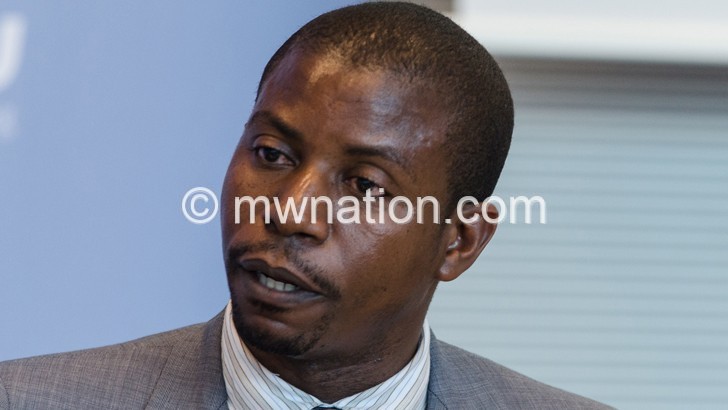‘Fees’ haunt poor families amid abolition
When Ministry of Education, Science and Technology (MoEST) announced abolition of tuition fees in conventional and community day secondary schools (CDSS), the instant reaction from many parents and guardians was relief.
In the September 25 2018 announcement, the Minister of Education, Science and Technology Bright Msaka said the decision sought to improve transition, retention and pass rates to reduce the gap between the rich and the poor in the country.

Initially, government abolished payment of K3 250 per student per year in public secondary schools, thus; K1 500 tuition fees paid in three K500 instalments, another K1 500 for general purpose fund in three K500 instalments and K250 for text book revolving fund.
Fast-forward five months after the announcement, the reality on the ground is that some families, especially the majority with poor economic background, are still finding it difficult to access secondary school education as they cannot afford the other fees they are supposed to pay.
This week, The Nation carried the sad tale of a 16-year-old Form One student who has not reported for his Second Term at Mchinji Secondary School because his widowed mother cannot raise K48 000 for his fees.
Similarly, another student selected to Dzenza Secondary School in Lilongwe is also failing to raise K48 750 for school fees as well as for other things such as text books and clothing.
Random spot checks with several public secondary schools, both boarding and day, established that the fees levied to learners are fixed based on needs of a particular institution.
However, boarding secondary schools are the ones where students are paying more.
For instance, at Lilongwe Girls Secondary School, a public national secondary school, fees is pegged at K20 000 per term. Learners at Kawale CDSS in Lilongwe pay K9 500 while their colleagues at Ndirande Hill Secondary School in Blantyre pay K10 000 per term. For Chichiri Secondary School also in Blantyre, fees is pegged at K11 500 per term while fees at Bwaila Secondary School in Lilongwe is at K7 500 a term.
At Zingwangwa Secondary School, another day secondary school in Blantyre, parents and guardians are parting with K8 750 per term to have their wards in school and those at Blantyre Secondary School, another national secondary school, are required to pay K25 000 per term.
In the wake of this reality, education activists we spoke to have since faulted government, saying there is need to go back to the drawing board and assess the real impediments to accessing secondary school education. They noted that learners in boarding schools are heavily burdened.
In an interview on Tuesday, Civil Society Education Coalition (Csec) executive director Benedicto Kondowe said the burden of paying the other applicable fees, especially in boarding schools, was higher than the initial tuition that was removed by government.
“Our own view is that this required consultation on what we needed to take out was not done. But also, there is need to reflect on how best to finance needy students, especially those from rural areas because others have the capacity to pay while these needy students cannot,” he said.
Educationist Steve Sharra said the problem was that the focus was on the day secondary schools, leaving out boarding schools where needy students are also found.
He said: “It is an interesting scenario because I wonder if there was a study to see if this is the best solution. We assumed that there are no needy students in boarding schools, but we have similar students in these schools. I think we need to go back on the drawing board on this.”
Sharra said there was need for bursaries managed at district level which can play an important part in helping these needy students.
But MoEST Principal Secretary Justin Saidi said on the contrary, his ministry’s assessment shows that the removal of the tuition fees has improved enrolment of students.
“Our assessments have not established that students are dropping out, there are increases instead and no one is paying. What happens is that some schools are run by PTAs [Parents Teachers Associations] and they decide how much based on needs,” he said.
Saidi further said the tuition that was removed mainly targeted day scholars, pointing out that the boarding fees was not removed as per their circular issued in September last year.
However, in the cases of Dzenza and Mchinji secondary schools authorities reported that there were many students failing to take up their places because they cannot afford fees.
Tuition fees abolishment was said to have cost government about K390 million which Parliament’s Budget and Finance Committee said could have been channelled to Account Number One for other development activities.
But Minister of Finance, Economic Planning and Development Goodall Gondwe, in September, told The Nation in an interview that by abolishing the fees, government was not going to forgo anything as the United States (US) provided funds for the construction of additional schools.
He said one of the conditions in the American deal was a reduction or elimination of expenses that hinder secondary education.
Gondwe said the US gave Malawi $90 million (about K6.7 billion) for the financial year, which was more than what could have been collected from schools.




